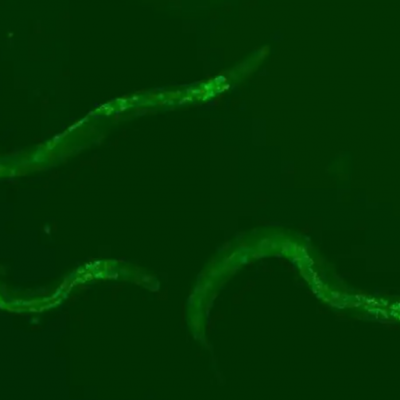A new cell therapy has been developed by scientists at the University of Bern that can reverse the aging process in mice. The therapy is based on the theory that chronic inflammation triggers age-related diseases. The team found that inflammation is mainly caused by visceral fat tissue, and that eosinophils, a type of immune cell found in blood and fat tissue, play a significant role in the aging process. As people age, the number of eosinophil cells in fat tissue decreases, while the number of inflammation-promoting macrophages increases, leading to chronic inflammation. In a mouse model, the researchers were able to reverse age-related degeneration by restoring the balance of immune cells in visceral fat tissue.
The therapy improved the endurance and grip strength of the mice, and rejuvenated their immune systems, resulting in an improved response to vaccines. The researchers believe that the results show that the aging process and its associated degenerative effects are more plastic than previously thought. The next step is to use this knowledge to develop suitable therapies to maintain health and vitality in humans. Clinical trials with human subjects are already being planned.
The immune system’s performance decreases as people age, making seniors particularly vulnerable to viruses such as SARV-CoV-2. In addition to immunological losses, older people often suffer from muscle weakness, which can lead to a lower quality of life. The new cell therapy could potentially reverse these age-related processes, improving the health and well-being of seniors.










